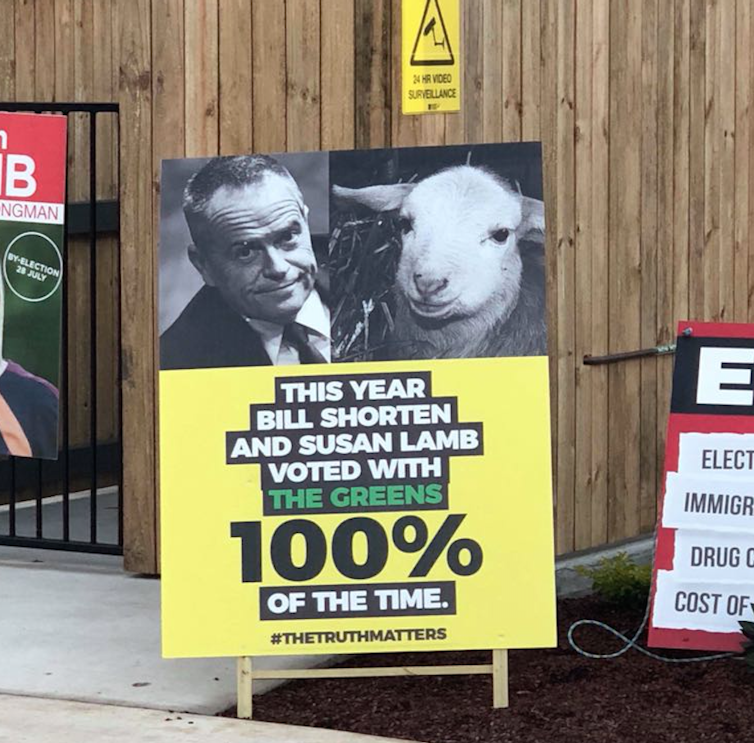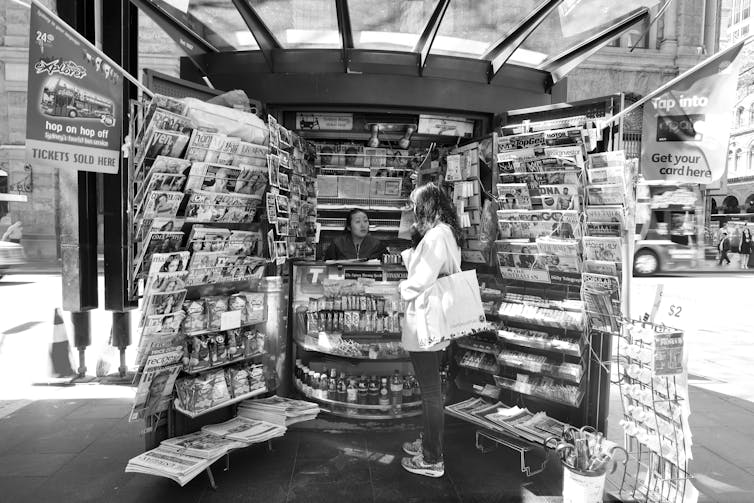Michelle Grattan, University of Canberra
Malcolm Turnbull and Bill Shorten have entered the final week of the high-stakes Longman and Braddon byelections both publicly cautious about their prospects.
Latest polls show close numbers in the two seats, held by the ALP by narrow margins. These are the crucial contests in the five Super Saturday playoffs. Labor has a clear run in the two Western Australian seats; Mayo (South Australia) is between crossbencher Rebekha Sharkie and the Liberals’ candidate Georgina Downer.
Read more:
Grattan on Friday: Disillusioned voters find it easy to embrace a crossbencher like Rebekha Sharkie
In Longman (Queensland), a ReachTEL poll commissioned by the Courier Mail has the Liberal National Party leading Labor 51-49%. In Braddon (Tasmania), where Labor has become increasingly confident, a poll commissioned by the forestry industry and also done by ReachTEL shows Labor on 52% of the two-party vote, although its primary vote is only 34.3%.
But polling in single seats has to be treated with particular caution.
The outcomes in Longman and Braddon are vital for Shorten, who would face very serious leadership instability if he lost both seats, and a rough patch if the ALP were defeated in one. Labor frontbencher Anthony Albanese has been positioning ahead of Super Saturday.
Shorten, speaking on Sunday in Longman at Susan Lamb’s formal campaign launch, said: “We are the underdogs”.
“The bookmakers have the other mob as the favourites. Now of course the LNP and the One Nation political party have teamed up again and are swapping preferences just to try to knock us off”.
In a strong attack on Pauline Hanson, Shorten said she didn’t like being called out for “pretending to be a friend of the battlers when all she wants to do is to get back on the plane to Canberra and vote with the big end of town”.
The size of the One Nation vote, where it comes from, and how its preferences split in practice will be critical in the Longman result.
One Nation has been targeting Shorten fiercely in its advertising. For example, he is depicted with a sheep and the message, “This year Bill Shorten and Susan Lamb voted with The Greens 100% of the time”.

Supplied
Asked on Sunday whether he was encouraged by the polling in Longman, Turnbull said that on all the evidence the byelections appeared to be “very close” but “Labor should be streets ahead”.
“By-elections historically always swing away from the government. Particularly if it’s an opposition seat. The last time a government won a seat in a by-election from the opposition was about 100 years ago and there’s a reason for that.”
Read more:
VIDEO: Michelle Grattan on the Mayo byelection and crossbenchers in the parliament
He said people in Longman and Braddon, as well as in Mayo, had “the opportunity to say what they think about Bill Shorten’s plan for higher taxes and more expensive electricity and his plan for weaker borders”.
Turnbull was in the Queensland seat of Herbert ahead of a visit to Tennant Creek in the Northern Territory.
On Saturday, campaigning in Longman with LNP candidate Trevor Ruthenberg , Turnbull said “Trev’s got the odds against him but he’s a great candidate. He’s a straight shooter. He’s as honest as he is big!”. He could “absolutely” win, although it was “tough”.
![]() Both sides are throwing around the dollars in multiple promises in Longman and Braddon. Labor’s promises could only be made good if the ALP won the general election next year.
Both sides are throwing around the dollars in multiple promises in Longman and Braddon. Labor’s promises could only be made good if the ALP won the general election next year.
Michelle Grattan, Professorial Fellow, University of Canberra
This article was originally published on The Conversation. Read the original article.

